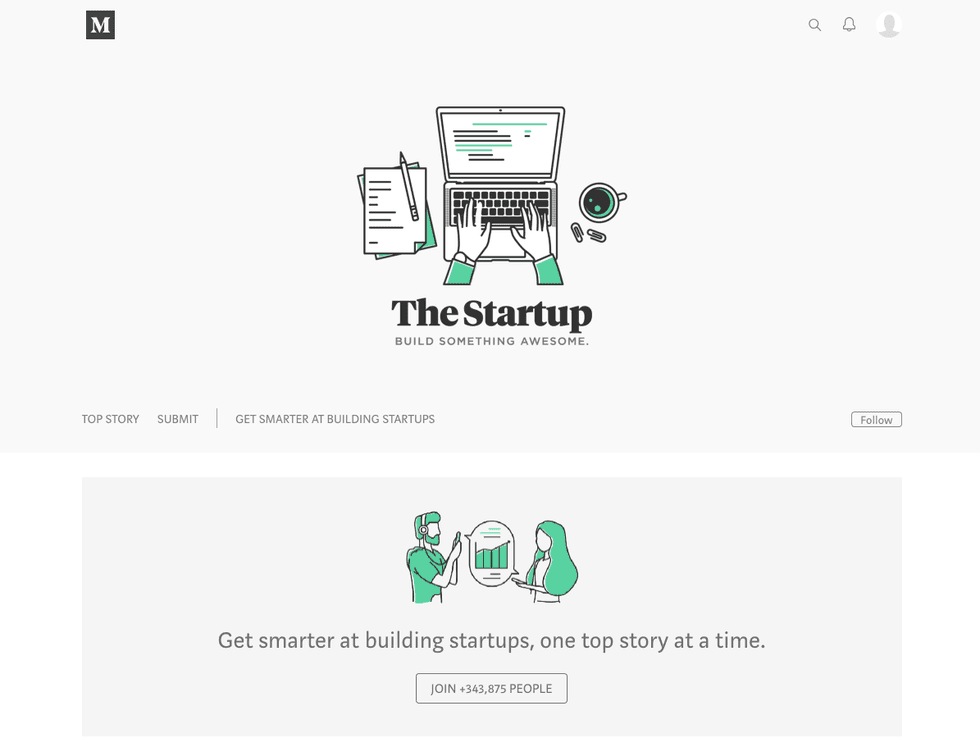We have all fallen in love with WordPress over the past decade, but there are some seriously legitimate competitors that give it a run for its money. Since most of these competitors focus on certain types of websites only, it ensures a more optimal performance compared to WordPress’ all-in-one strategy.
One of the biggest reasons for a poorly performing WordPress website is a faulty theme or plugin. Some website owners simply install countless plugins, which can cause the entire website to come to a crawl.
These three solutions I am sharing here are admittedly nowhere near as rich in features or capabilities as WordPress; however, they certainly have some important advantages, which I’ll go over.
Statamic (content-based websites)

Source: statamic.com
Statamic is a flat file CMS software powered by one of the most popular PHP frameworks: Laravel. Flat file means there is no database storing all of the pages and information of your website; instead it is all stored in individual files on the hard disk.
Due to the lack of database, this can make Statamic perform really fast. In addition, it can also be easier to set up various caching techniques to increase the performance even more.
Based on thousands of available WordPress plugins, the features available on Statamic cannot match or beat WordPress. But if your website is using Statamic, it will most likely perform better in addition to being overall more secure. According to Sucuri, in 2017, 83% of the CMS-powered websites hacked were WordPress.
Other Articles From AllBusiness.com:
- The Complete 35-Step Guide for Entrepreneurs Starting a Business
- 25 Frequently Asked Questions on Starting a Business
- 50 Questions Angel Investors Will Ask Entrepreneurs
- 17 Key Lessons for Entrepreneurs Starting A Business
So while you would have to sacrifice on some features, Statamic is a great alternative to WordPress if you need a general CMS platform.
One major downside of Statamic is that it is not free. Although there is a free trial available, you will have to fork over $199 for one site license when you’re ready to go live.
Shopify (e-commerce websites)

Source: shopify.com
If you’re selling things on your website, then the best alternative to WordPress e-commerce plugins is Shopify.
Shopify is a hosted solution, which means they host everything on their servers. You do not need to pay for web hosting or anything else like that. However, you do need to pay at least $29 per month for the basic Shopify store, and this cost can be as high as $299 per month.
So what does Shopify offer that’s better than e-commerce solutions on WordPress such as WooCommerce?
That answer can be pretty complicated. When you’re dealing with WordPress, you can do pretty much anything with it. But the biggest issue I’ve seen is when WordPress owners go crazy installing random plugins that can cause serious performance issues. With Shopify, that’s much less likely to occur.
One of the reasons is simply because there aren’t so many plugin choices available. That also means that in theory, you will always have more features available on WordPress.
If you want a more stable and lower maintenance e-commerce platform, then Shopify has WordPress beat in that regard. In addition, it also offers just about all the features you’ll need to start selling things right away.
Medium (blog only)

Everyone has probably heard of Medium already, but did you know it offers a great way to create a hosted blog? Similar to WordPress.com, albeit with many less features, Medium (called Medium Publications) is a great way to have a no-nonsense simple blogging platform for your business that can be set up in a matter of minutes.
Medium Publications allows you to specify writers and editors in order to control who can write and who can edit your publication.
One of the best features of Medium Publications is that it gets all the wonderful editing features from Medium. This extreme minimalism is hard to find these days, and perhaps if you only need a simple blog, this could be the perfect solution for you.
Conclusion
As you can see by the three choices above, it is very difficult to beat WordPress in all areas. But these three platforms certainly have WordPress beat in certain areas that matter a lot to website owners.
Although WordPress is still the best general CMS platform you can find today, it is getting to be more of a maintenance and security nightmare every year. If you’re not web-savvy, you most likely need to hire a web developer to harden the security of your WordPress website so that it does not get bombarded by automated bots, fake comments, and brute force login attempts.
RELATED: How to Get a Website Up and Running for $100
The post 3 Best WordPress Alternatives for Serious Business Owners appeared first on AllBusiness.com
The post 3 Best WordPress Alternatives for Serious Business Owners appeared first on AllBusiness.com. Click for more information about Haris Bacic.
from neb biz feed 1 https://ift.tt/2zpeZ1C
via Nebula Biz Local Loans
No comments:
Post a Comment